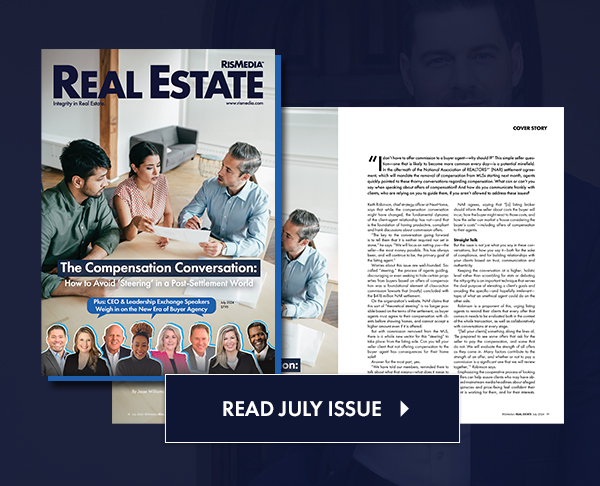Are you planning on purchasing your first home this year? Have you heard your friends, family, and possibly your REALTOR® mentioning private mortgage insurance?
When you use a mortgage to buy a home, if you have less than 20% down, the lender will require you to pay private mortgage insurance (PMI). PMI protects the lender against the risk of the borrower defaulting and entering foreclosure.
The lender will likely need the insurance purchased from a PMI company before they approve the loan.
The cost of this insurance will be added to your monthly mortgage payments, and while this can make a significant difference to monthly expenses, it does allow borrowers without a large down payment to buy a home.
How to Avoid PMI
To keep your outgoings to a minimum, finding out how to avoid paying PMI will reduce the overall cost of your mortgage.
One of the simplest ways to avoid PMI is to have a down payment of 20%. This means the loan-to-value ratio will be 80% or less, meaning finding a down payment of $40,000 on a $200,000 home.
A down payment of this size will be out of the reach of many homebuyers, but there are other things you can do to avoid PMI.
Get a piggy-back loan
Another possibility, if you can qualify, is to piggyback a second mortgage or home equity loan. This means taking this second loan out simultaneously with the first one.
You might use the first mortgage for 80% of the purchase price, with a second mortgage covering 10%. The remainder will be your down payment.
Since the loan-to-value on the first home loan is 80%, they will not require PMI. If the home is priced at $200,000, the first loan will be for $160,000, and the second $20,000, with a down payment of the same amount.
The interest rate on the second mortgage or equity loan will likely be higher. This means your savings from avoiding PMI won’t be as significant as you hope.
Lender-paid mortgage insurance (LMPI)
If these options aren’t for you, there is also lender-paid mortgage insurance (LMPI). With this option, the lender includes the PMI premiums in the interest rate on the mortgage. Since this is for the loan’s lifetime, it means paying more overall.
If you do have to pay private mortgage insurance, it doesn’t need to be for the lifetime of the loan, as with LMPI. The value of your home can increase to the point where the loan-to-value ratio is reduced to 80%.
When this happens, you can request that the requirement to pay PMI is canceled. However, there is a risk with this as the lender will usually require an appraisal at the homeowner’s expense.
The appraiser could still find that the home isn’t worth as much as anticipated, and with the loan-to-value above 80%, PMI will continue to have to be paid.
If you qualify for a VA loan, you won’t have to pay PMI, though they will have other charges. You could be eligible if you are currently or previously in the military or if your spouse was.
Speaking to your mortgage broker about your first-time buyer mortgage options will be essential.
Removing PMI faster
There are some options to cancel your PMI earlier than expected. If you refinance the home loan, you can remove the requirement. You must have lived in the home for a few years, and the refinancing costs must be considered before you decide.
Another way to remove PMI is to pay down the principal to increase your equity in the home. This means you own more of the home and reduce the risk to the lender.
Once you reach 20% or more equity in the home, you can ask your lender to remove the PMI.
Even if you don’t do anything to speed up the increase in your equity in the home, the PMI will be canceled eventually. If you stick to your payment schedule, the loan-to-value ratio will drop to 78% at some point.
This means you will have increased your equity to 22% of the home’s original price. You will have paid down the principal gradually each month, which is added to your original down payment.
Upon reaching 22% equity, the federal Homeowners Protection Act is triggered to require the lender to cancel the private mortgage insurance automatically.
Final thoughts on avoiding PMI
Since PMI is a useless expense, getting rid of it as soon as possible is essential. Follow the guidance here to expedite your PMI removal.
Bill Gassett is a nationally recognized real estate leader who has been helping people buy and sell MetroWest Massachusetts real estate for the past 35 years.












